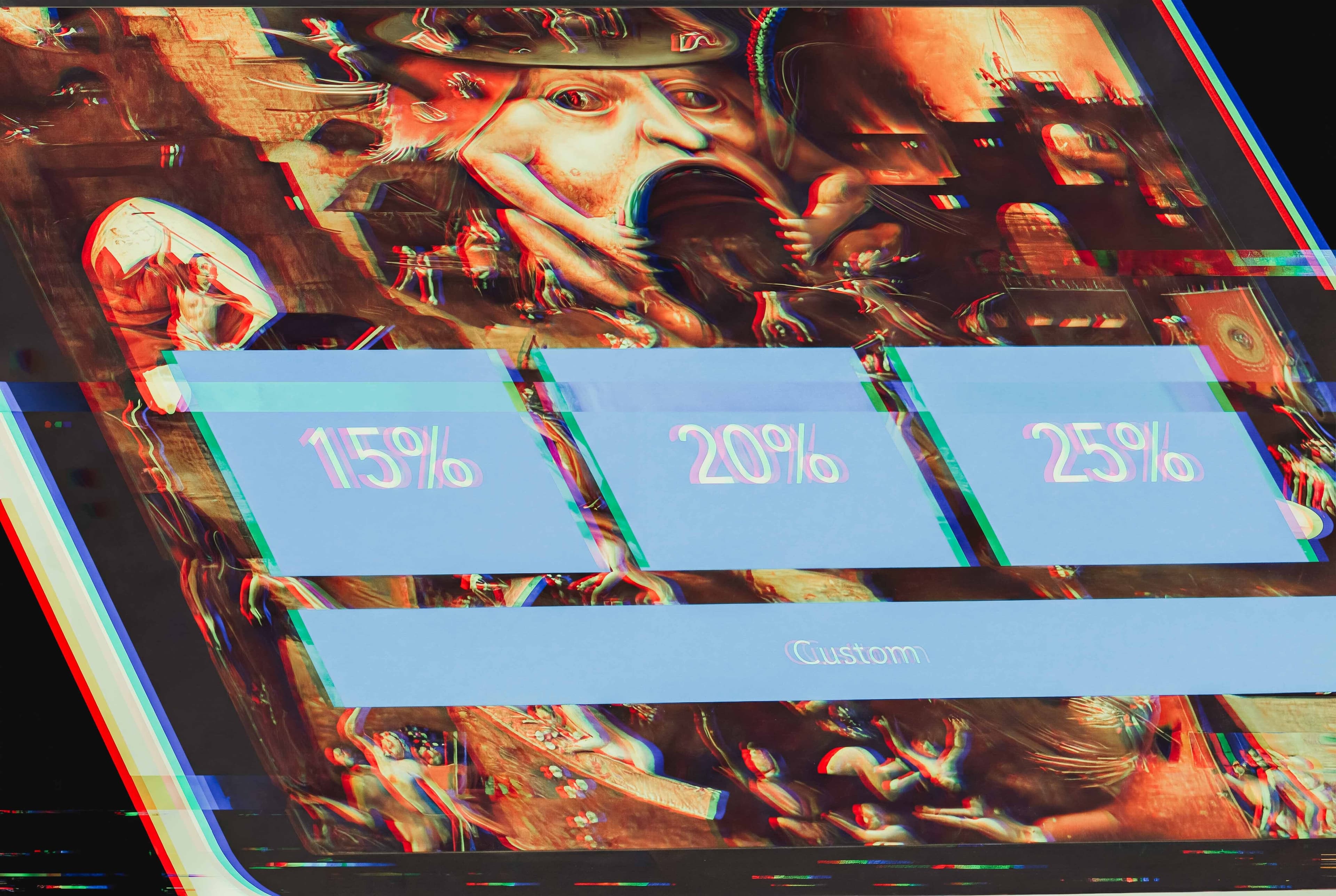Last week, as the House passed the TikTok divestiture bill with overwhelming support, a few highly influential tech leaders shrugged off concerns over espionage and trade reciprocity, and argued this was the first step to Biden banning Elon’s X. While the letter of the law explicitly indicates nothing of the sort is possible, detractors argue ambiguous phrasing of the bill leaves an opening for abuse. Now, the bill’s explicit naming of four hostile countries, a list itself subject to congressional vote, doesn’t seem that ambiguous to me, and legal precedent would indicate interpretation of the bill as fairly straightforward. But we are living in a world post-Covid, and, as David Sacks’ notes, Jack Smith’s pursuit of Trump in the bank-shot fraud case indicates legal precedent has never mattered less. Natural questions follow: can any piece of legislation now be interpreted in any way, at any time, in favor of our despotic government’s whims? And if this is the case, if things are truly this bad, is a policy in favor of a massively popular Chinese spy app enough to protect us? My sense is probably not, and the implicit call here is for some kind of total revolution, which… well, an interesting discussion for another day.
In the meantime, a thought experiment: if the letter of the law does still matter in America, what can this TikTok bill actually do? Is the ambiguous reading of “direction or control” popular among the company’s unofficial legal team legitimate? Does the bill truly open Elon’s Twitter, or any other social media company unpopular with the state, to federal attack? I think the question would benefit from some familiarity with the language of bills like this in general, how they’re interpreted, and why. I reached out to Mike Wacker, a former tech fellow in Congress, to break the other side down.
—Solana



